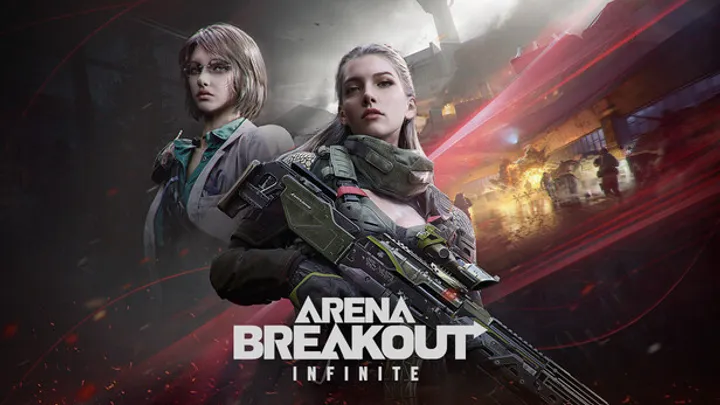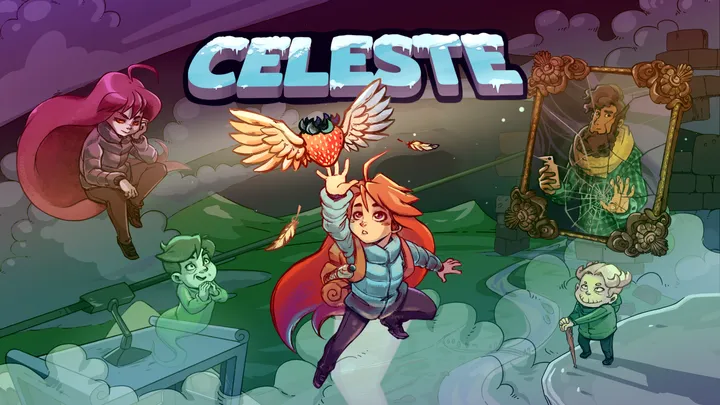GUIDES, FAIR REVIEWS,
TOP GAMES AND FRESH NEWS
READY FOR YOU

01
How to Play NieR: Automata Effectively
How to
February 12, 2026

02
How to Play Cyberpunk 2077 Effectively
How to
February 12, 2026

03
How to Play Assassin’s Creed Odyssey Effectively
How to
February 12, 2026

04
How to Play Age of Empires II: Definitive Edition Effectively
How to
February 12, 2026





